|
|
|
|
Kenya has started the first phase of its vaccination strategy, made possible by the delivery of just over one million AstraZeneca vaccines. However, one month into the exercise, just over 280,000 people had been vaccinated out of an initial target of 1.25 million by June. Some things have gone well but, explains Catherine Kyobutungi, there have been some big teething problems and there’s a lot of catching up to do. Kenya grapples with two major challenges: access to sufficient doses and vaccine hesitancy.
Equatorial Guinea’s city of Bata was recently rocked by explosions from an army barracks that killed over 100 people and destroyed military buildings as well as people’s homes. Stockpiling ammunition is dangerous – there have been catastrophic explosions at munition sites on all continents over the past four decades. Most can be attributed to poor risk management. Nicolas Florquin explains that there’s no such thing as a zero risk level. Nevertheless, basic measures can be put in place to reduce the chances of a catastrophe.
Subscribe to our WhatsApp bulletin here.
|
Moina Spooner
Commissioning Editor: East and Francophone Africa
|

|
|
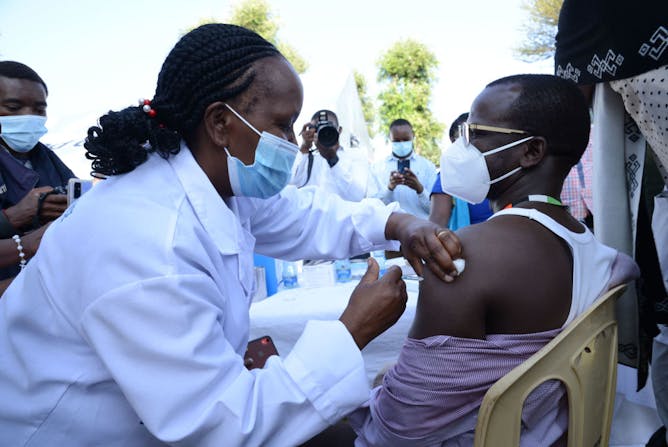
A healthcare worker administers an Oxford/AstraZeneca COVID-19 vaccine to her colleague at Mutuini Hospital in Nairobi. Kenya on March 3, 2021.
Photo by Dennis Sigwe/SOPA Images/LightRocket via Getty Images
Catherine Kyobutungi, African Population and Health Research Center
Kenya grapples with two major challenges in the vaccination rollout: access to sufficient doses in light of the global shortage; and vaccine hesitancy.
|
|
|
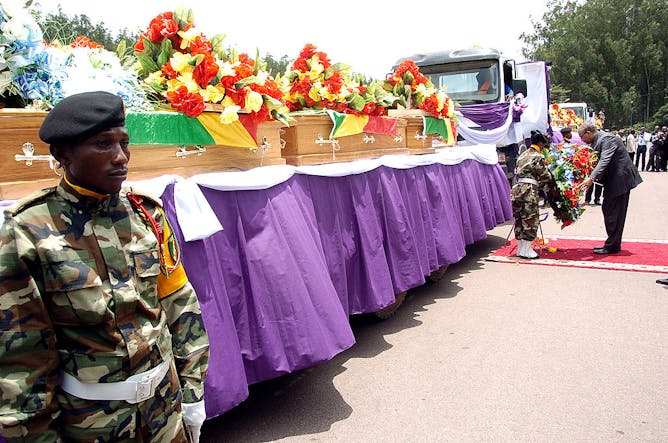
A lorry trailer carries the coffins of the victims of a munitions explosion in Brazzaville, the Congolese capital, in 2012.
Junior D. Kannah/AFP via Getty Images
Nicolas Florquin, Graduate Institute – Institut de hautes études internationales et du développement (IHEID)
Data suggests that Africa as a whole suffers a relatively high rate of casualties at munition sites where there are unplanned explosions.
|
Environment + Energy
|
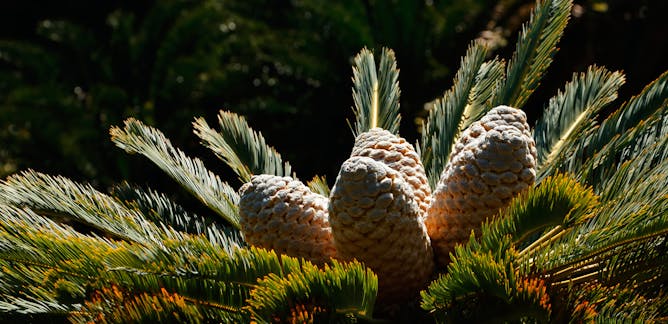
Kanle Satishchandra Nitin, Cape Peninsula University of Technology; Sjirk Geerts, Cape Peninsula University of Technology
Most South African provinces are favourable for the establishment of a new invasive alien pest, which may lead to the extinction of native cycad species.
| |
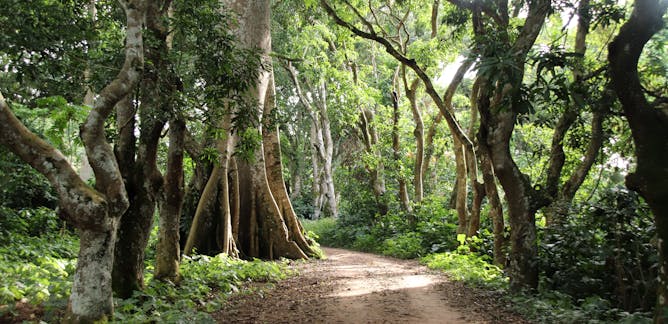
Michele Francis, Stellenbosch University
A stable ecosystem of organic matter is the key to improving agricultural yields in the surrounding farmland and fighting climate change.
|
|
|
Politics
|
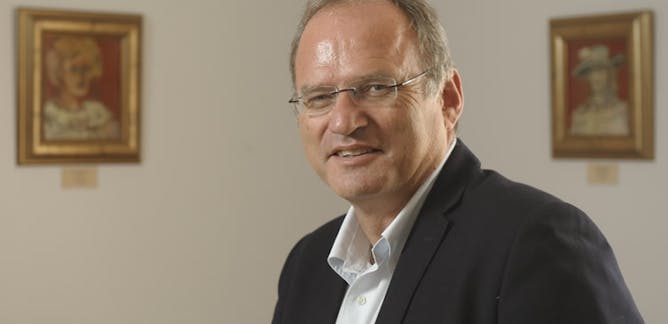
Thomas Probert, University of Pretoria
From his positions at the United Nations, Professor Heyns made a huge impact on the protection of the right to life and the right of peaceful assembly.
| |
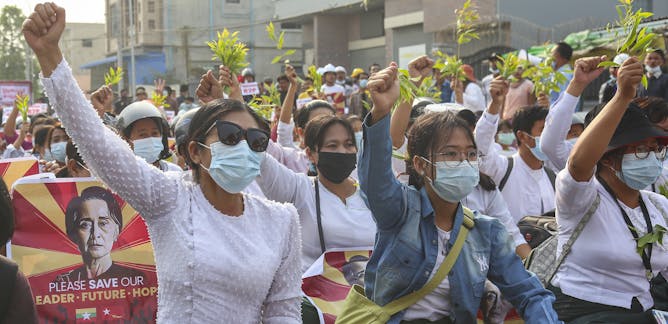
Rachel M Gisselquist, United Nations University; Miguel Niño-Zarazúa, United Nations University
How can democratic nations help fledgling democracies and others struggling against the tide of autocrats?
|
|
|
From our international editions
|
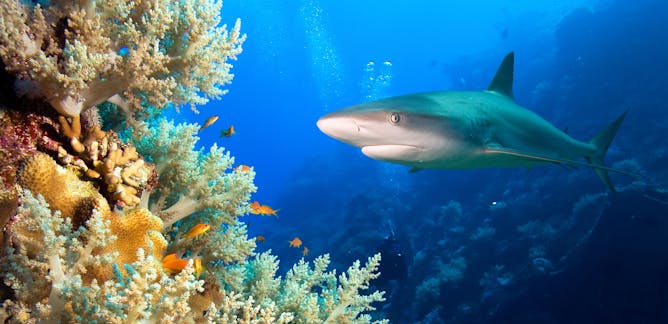
Anthony Richardson, The University of Queensland; Chhaya Chaudhary, University of Auckland; David Schoeman, University of the Sunshine Coast; Mark John Costello, University of Auckland
Climate change has already made tropical oceans too hot for some marine species to survive. As they flee towards the poles, the implications for ecosystems and human livelihoods will be profound.
| |
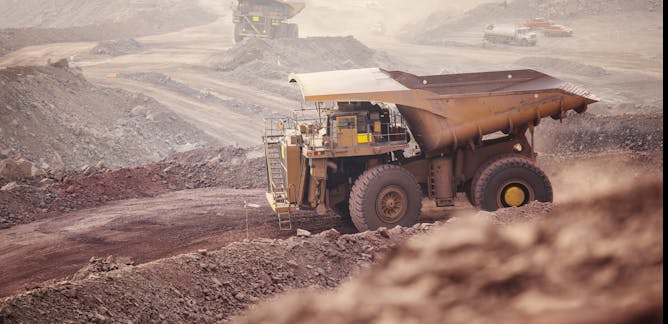
Deanna Kemp, The University of Queensland; Eleonore Lebre, The University of Queensland; John Owen, The University of Queensland; Richard K Valenta, The University of Queensland
Unless mining is done differently, rushing to bring copper mines into production could unleash unacceptable, catastrophic impacts.
|
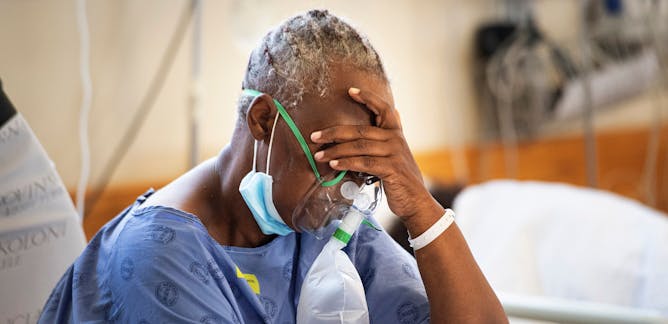
Paulo Verardi, University of Connecticut
As the US vaccinates millions more people each day, the novel coronavirus works to survive. It does this by mutating. So far, several variants are worrisome. A virologist explains what they are.
| |
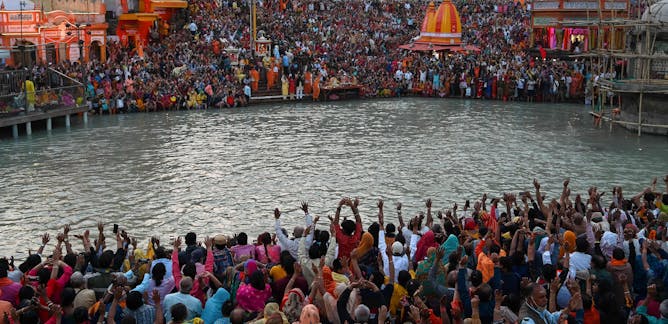
Tulasi Srinivas, Emerson College
Kumbh Mela, a Hindu pilgrimage that started earlier this month in India, has survived wars and famine since its origin. But the biggest threat has been the spread of illness – back then as now.
|
|
|
En Français
|
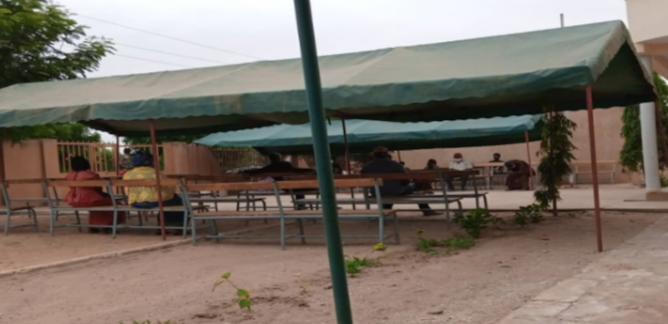
Ibra Diagne, Université Cheikh Anta Diop de Dakar; Jean Augustin Diégane Tine, Université Cheikh Anta Diop de Dakar; Véronique Petit, Institut de recherche pour le développement (IRD)
Analyse de la façon dont le Centre de santé mentale Dalal Xel (Thiès, Sénégal) fait face aux contraintes induites par la pandémie de Covid-19.
| |

Simon Chadwick, EM Lyon; Paul Widdop, Manchester Metropolitan University
Ces investisseurs sont notamment attirés par les perspectives en termes de diffusion des matchs sur les plates-formes de streaming.
|
|
|
| |
Featured events
|

|
10 Marais Street, Stellenbosch , Stellenbosch, Western Cape, 7600, South Africa — Stellenbosch University
|

|
27 St Andrews Road, Parktown, Johanesburg, Gauteng, 2193, South Africa — University of the Witwatersrand
|

|
Robert Sobukwe Road, University of the Western Cape, Bellville, Cape Town, Western Cape, 7535, South Africa — University of the Western Cape
|
|
|
|
| |
| |
| |
Would you like to republish any of these articles?
|
|
It’s free to republish, here are the guidelines.
Contact us on africa-republish@theconversation.com in case you need assistance.
|
| |
| |
| |
| |
|
|
|
|
|
|
|